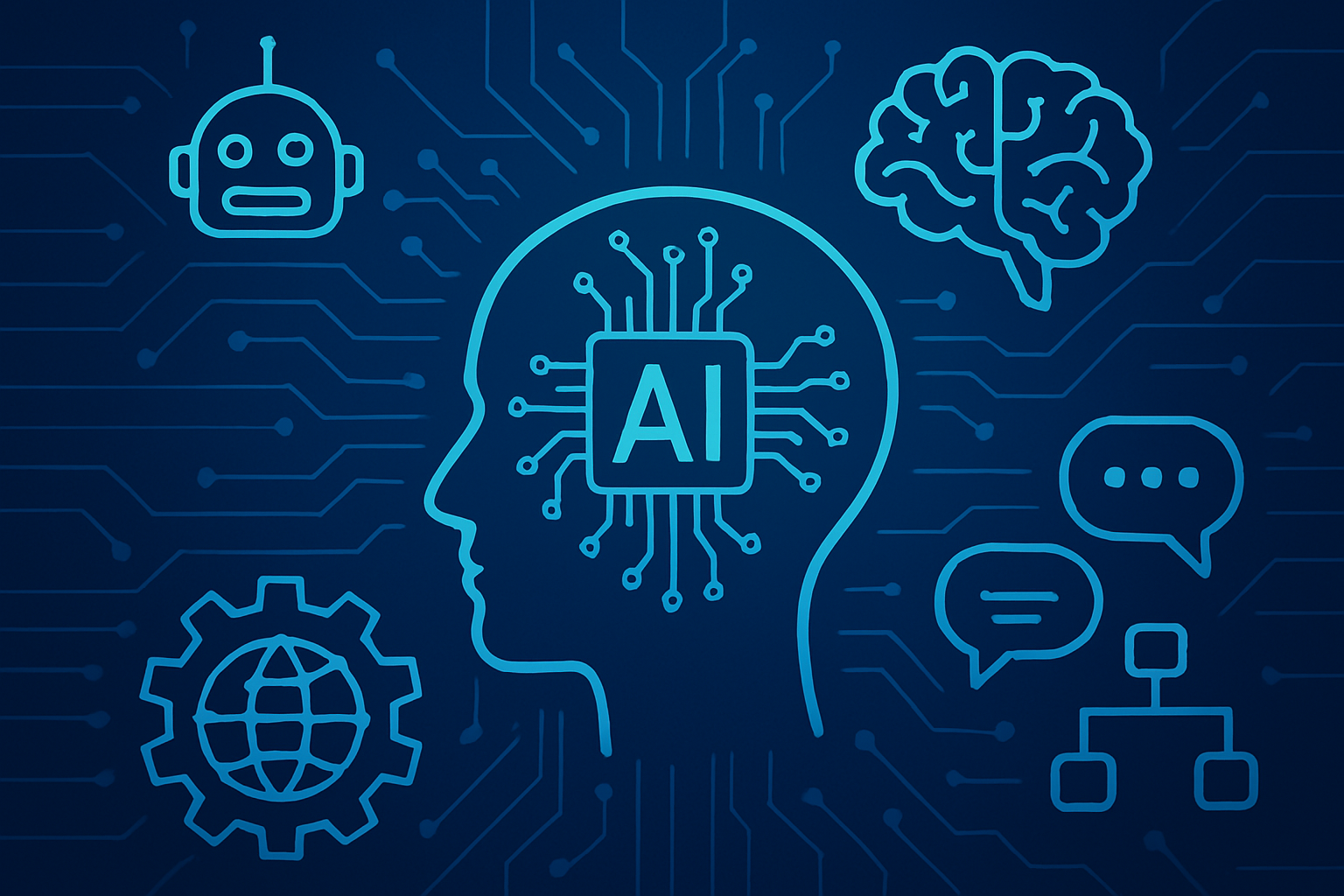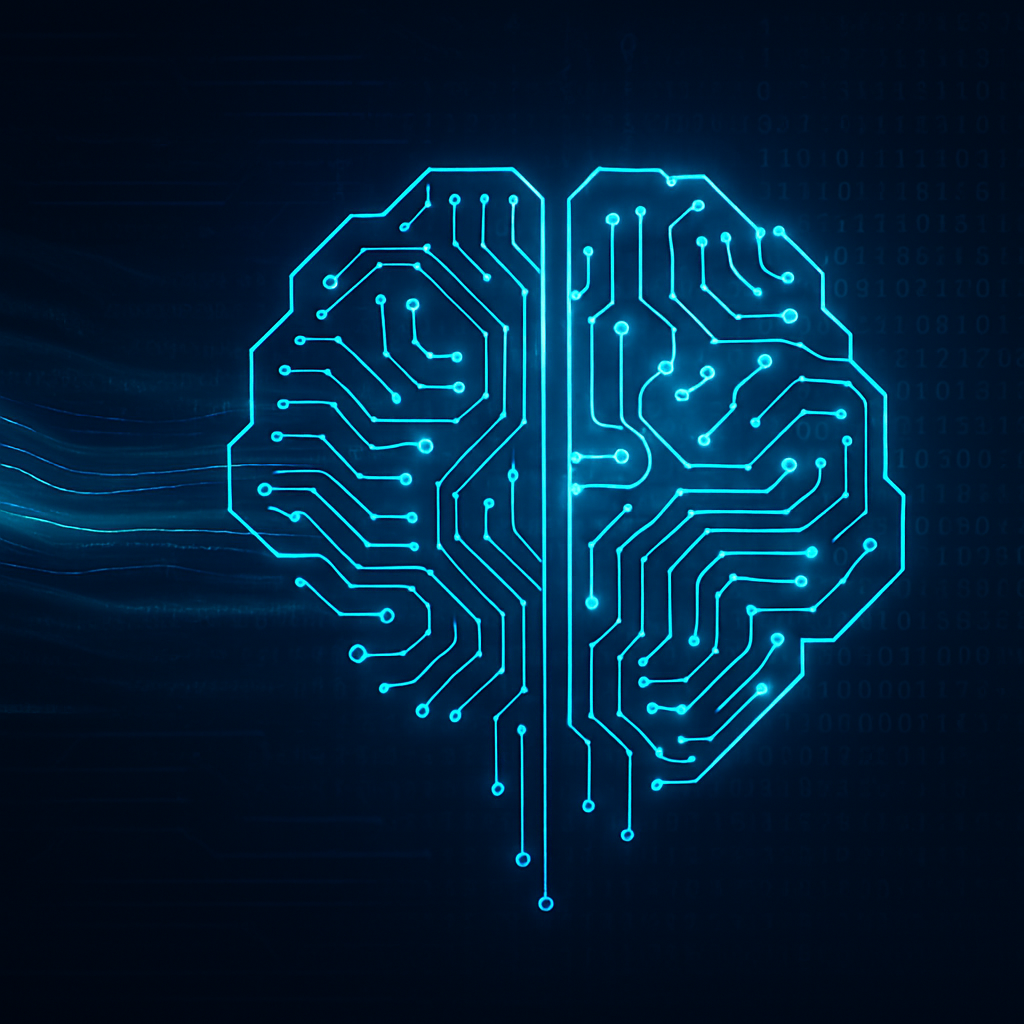Artificial Intelligence, or AI, is no longer a futuristic concept reserved for sci-fi movies. It’s here, it’s real, and it’s already reshaping the way we live, work, and interact with the world around us.

What is AI?
At its core, AI is a branch of computer science focused on building machines and systems capable of performing tasks that typically require human intelligence. These tasks include things like learning, problem-solving, decision-making, language understanding, and even creativity.
There are two main types of AI:
- Narrow AI: AI designed to perform a specific task (like voice assistants, recommendation systems, or facial recognition).
- General AI: A more advanced form of AI that can understand, learn, and apply knowledge across a wide range of tasks – much like a human. We’re not quite there yet.
How AI Is Used Today
AI is already integrated into our daily lives in ways you might not even notice:
- Smart Assistants (like Siri, Alexa, and Google Assistant)
- Social Media Algorithms that curate your feed
- Recommendation Engines on Netflix, YouTube, and Spotify
- Self-driving Cars
- Medical Diagnoses and Drug Discovery
- Chatbots and Customer Support Automation
Businesses are using AI for better decision-making, increased efficiency, and improved customer experiences. In healthcare, AI can detect diseases faster than traditional methods. In agriculture, it’s optimizing crop yields. In education, it’s helping personalize learning.
Benefits of AI
Efficiency & Automation: AI can handle repetitive and time-consuming tasks faster and more accurately than humans.
Data Analysis: AI can sift through massive amounts of data to uncover patterns, predict trends, and make informed decisions.
Innovation: New creative tools, smart robotics, and adaptive technologies are opening new doors across industries.

Concerns Around AI
Of course, AI isn’t without its challenges:
- Job Displacement: Automation may replace certain jobs, especially those involving routine tasks.
- Bias and Fairness: AI can inherit biases present in the data it’s trained on.
- Privacy: Surveillance and data misuse are growing concerns.
- Ethics: Questions about AI’s decision-making and control continue to arise.
The Future of AI
AI is evolving rapidly, with developments in machine learning, deep learning, and natural language processing pushing boundaries every day. As we move forward, it will be crucial to balance innovation with ethical responsibility and ensure that AI benefits everyone.
Final Thoughts
Artificial Intelligence isn’t just a trend—it’s a transformative force. Whether you’re a student, a professional, or simply curious, understanding AI is key to understanding the future. As we embrace its potential, we must also be mindful of the responsibilities that come with it.
